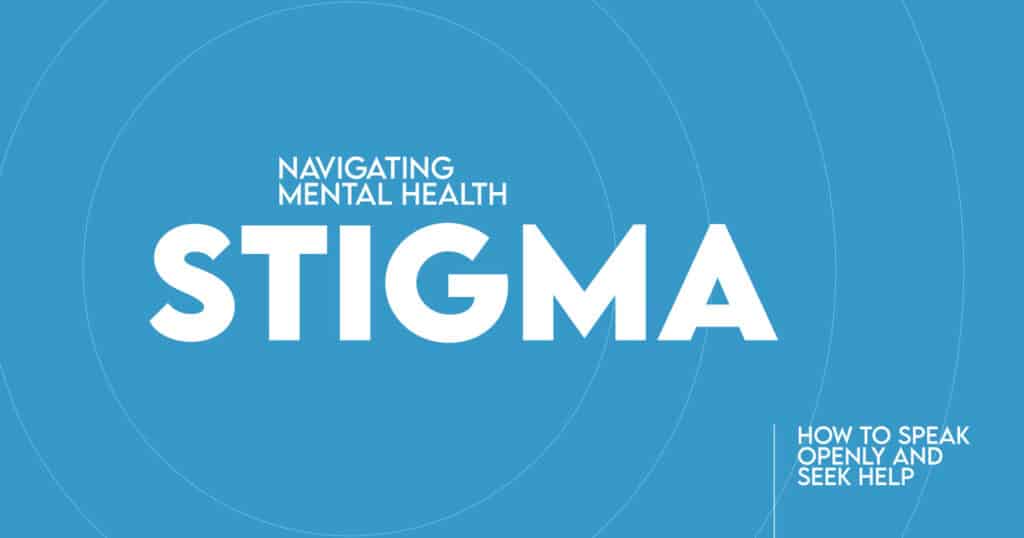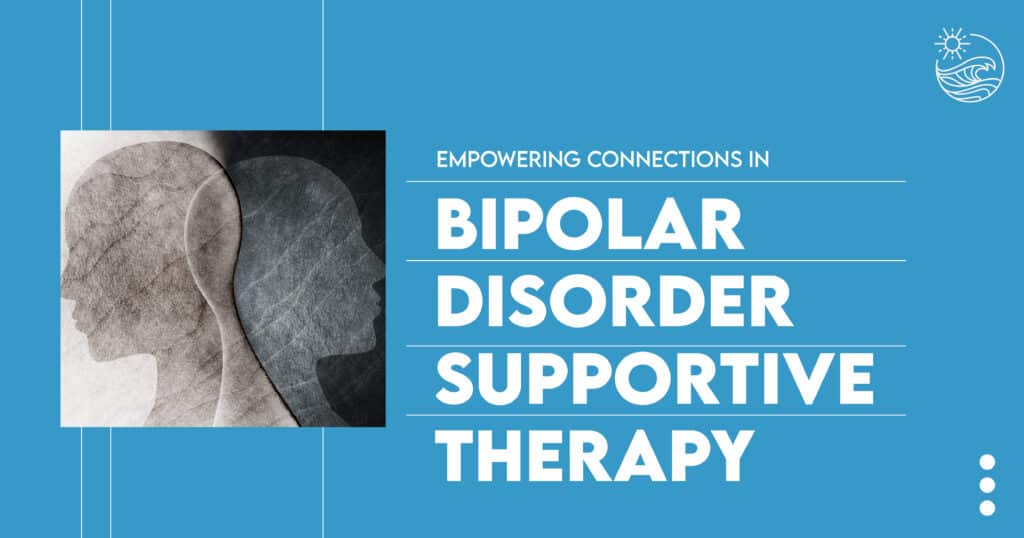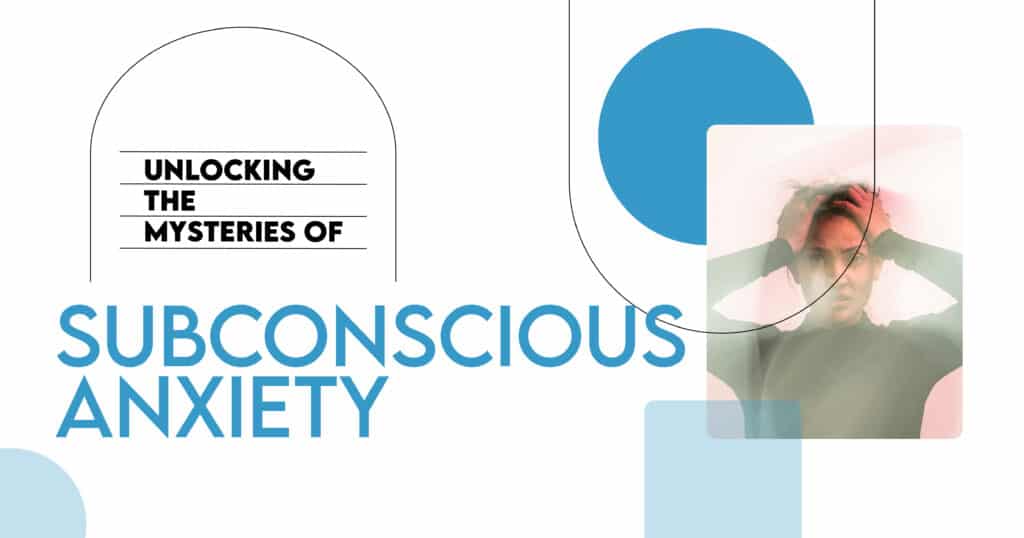Hey there! Let’s chat about something that’s been a real barrier for many: mental health stigma. It’s a topic that can feel overwhelming, but it’s super important to understand if we want to help ourselves and others live healthier, happier lives. In this guide, we’ll break down what mental health stigma is, why it matters, and how you can navigate it with confidence. So, grab a comfy seat, and let’s dive in!
Essential Takeaways
Addressing Mental Health Stigma is Crucial for Better Outcomes
Understanding and addressing mental health stigma is essential for improving overall mental health outcomes. Stigma can discourage individuals from seeking help and can exacerbate feelings of social isolation. By fostering open and supportive conversations, we can help reduce stigma and encourage individuals to seek the help they need.
Effective Communication Can Facilitate Support
Being able to communicate openly and empathetically about mental health conditions is key to providing and receiving support. Use clear, compassionate language and choose appropriate settings to discuss mental health issues. This approach can help build understanding and encourage more open dialogues about the negative attitudes that exist toward those facing mental illnesses.
Seeking Professional Help is a Strength, Not a Weakness
Seeking help from mental health professionals is a positive and proactive step towards managing mental health conditions. It’s important to find the right support and understand that mental health treatment is a valuable resource in achieving mental well-being. Prioritize your mental health and seek support when needed without fear of judgment, as this is a critical aspect of overcoming mental illness stigma.
Understanding Mental Health Stigma
What is Mental Health Stigma?
Mental health stigma refers to the negative beliefs and attitudes that society holds about mental health conditions. It’s that sneaky, harmful force that makes people feel ashamed or embarrassed about their struggles with mental health. Imagine it as a big, dark cloud that hovers over conversations about mental health, making it hard for people to seek help or talk openly about what they’re going through.
Stigma can take on different forms:
- Social Stigma: This is the kind of stigma that comes from society. It includes the negative stereotypes and prejudices people have about mental health conditions.
- Self-Stigma: This is when individuals internalize these negative beliefs and start to feel ashamed or inferior because of their mental health struggles.
- Institutional Stigma: This occurs within systems and organizations, such as workplaces or healthcare systems, where policies or practices may be biased against those with mental health issues.
The Impact of Stigma on Mental Health
Stigma can have some pretty serious effects. When people feel stigmatized, they might:
- Avoid Seeking Help: The fear of being judged or misunderstood can prevent individuals from reaching out for the support they need.
- Feel Isolated: Stigma can make people feel alone and alienated, as if no one else understands what they’re going through.
- Experience Lower Self-Esteem: Internalizing stigma can lead to feelings of worthlessness or self-doubt, which can worsen mental health conditions.
The Roots of Mental Health Stigma
Historical Perspectives on Mental Health
Historically, mental health conditions were often misunderstood and treated in ways that seem shocking by today’s standards. These historical misconceptions have left a lasting impact on how mental health is perceived today.
Evolution of Mental Health Awareness
Fortunately, things have improved over time. Awareness of mental health has evolved significantly, thanks to advocacy, research, and education. Public figures and organizations, including the National Alliance on Mental Illness, have played a crucial role in breaking down barriers and promoting open conversations about mental health.
Speaking Openly About Mental Health
Overcoming the Fear of Judgment
The first step to addressing stigma on a personal level is overcoming the fear of judgment. Speaking openly about mental health is incredibly empowering.
Understanding Your Own Feelings
Reflect on what you’re going through and how it impacts you. This self-awareness can help you communicate more effectively and confidently.
Developing Confidence to Speak Up
Building confidence to talk about mental health can take time, but here are some tips:
- Practice Self-Affirmation: Remind yourself that seeking help is a sign of strength.
- Prepare What to Say: Think about what you want to share and how to express it.
- Choose Supportive Environments: Find a safe space where you feel comfortable opening up.
Initiating Conversations About Mental Health
Finding the Right Time and Place
Choose a moment when both you and the other person are calm and not rushed. A private, comfortable setting can make the conversation feel more relaxed.
Using Effective Communication Techniques
- Use “I” Statements: Express your feelings using “I” statements to avoid blame.
- Be Honest but Gentle: Share your thoughts openly, but be considerate of the other person’s feelings.
- Listen Actively: Give the other person a chance to share without interrupting.
Seeking Professional Help
Recognizing When to Seek Help
Some signs that indicate it’s time for professional help include:
- Persistent Feelings of Hopelessness
- Difficulty Coping with Daily Life
- Thoughts of Self-Harm
Navigating the Mental Health System
Finding the right mental health professional can feel overwhelming, but here’s a quick guide:
- Types of Professionals: Mental health professionals include therapists, psychiatrists, and social workers.
- Finding a Good Fit: It’s essential to find a provider you feel comfortable with.
- Making the Most of Your Visits: Be open and honest with your mental health professional.
Overcoming Barriers to Seeking Help
Addressing Financial and Practical Concerns
Some tips for managing financial concerns:
- Insurance and Costs: Check with your insurance provider for coverage options.
- Community Resources: Look for community resources offering free or low-cost care.
Managing Time and Logistics
- Prioritize Appointments: Schedule regular appointments and treat them as non-negotiable.
- Use Technology: Consider virtual therapy options for flexibility.
Conclusion
Stigma around mental health is something we can all work to dismantle. By speaking openly, seeking help, and supporting one another, we can foster a culture of understanding and compassion. Together, let’s create a world where everyone feels empowered to seek help without fear of judgment!
FAQs
1. What is mental health stigma, and why is it a problem?
Mental health stigma refers to the negative attitudes and beliefs that society holds about mental health conditions. This stigma can manifest as discrimination, social exclusion, and self-blame. It’s problematic because it discourages individuals from seeking help, exacerbates their suffering, and perpetuates feelings of shame and isolation. By addressing stigma, we can create a more supportive environment for those struggling with mental health issues.
2. How can I start a conversation about mental health with someone who might not be open to it?
Starting a conversation about mental health with someone who might be resistant can be delicate. Here are some tips:
- Choose the Right Time: Pick a calm, private moment to talk.
- Be Compassionate and Non-Judgmental: Use “I” statements to express your concern without making the person feel accused or judged.
- Offer Support: Let them know you’re there for them and that it’s okay to seek help. Sometimes, just offering a listening ear can make a big difference.
3. What should I do if I’m afraid of being judged for seeking mental health help?
Feeling afraid of judgment is common, but remember that seeking help is a sign of strength, not weakness. To manage this fear:
- Educate Yourself: Understanding mental health and the benefits of treatment can boost your confidence.
- Find Supportive Resources: Look for mental health professionals and support groups where you feel respected and understood.
- Focus on Your Well-Being: Prioritize your mental health and well-being, and remind yourself that seeking help is a proactive step towards improvement.
4. How can I find a mental health professional who is a good fit for me?
Finding the right mental health professional involves:
- Researching Providers: Look for therapists, counselors, or psychiatrists who specialize in areas relevant to your needs.
- Checking Credentials: Ensure the provider is licensed and has the appropriate qualifications.
- Scheduling Consultations: Many professionals offer initial consultations. Use this opportunity to gauge their approach and whether you feel comfortable with them.
5. What are some common misconceptions about mental health that contribute to stigma?
Common misconceptions include:
- Mental Health Issues are a Sign of Weakness: Mental health conditions are medical issues, not character flaws.
- Only “Severe” Mental Health Issues Need Treatment: Even mild or moderate issues can benefit from professional support.
- People with Mental Health Issues are Dangerous: The majority of people with mental health conditions are not violent or dangerous. Stigma often stems from exaggerated and inaccurate portrayals in the media.








